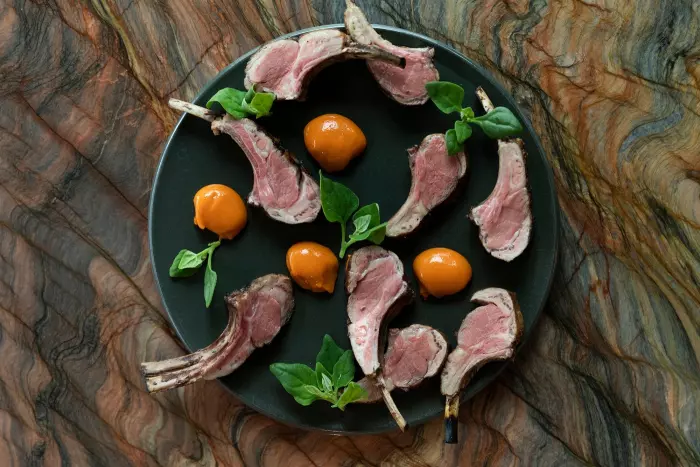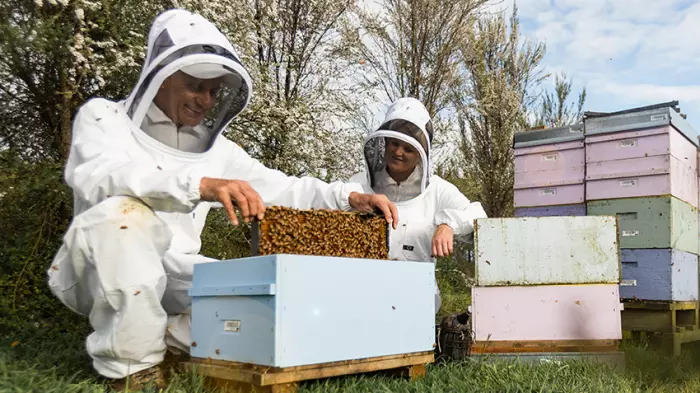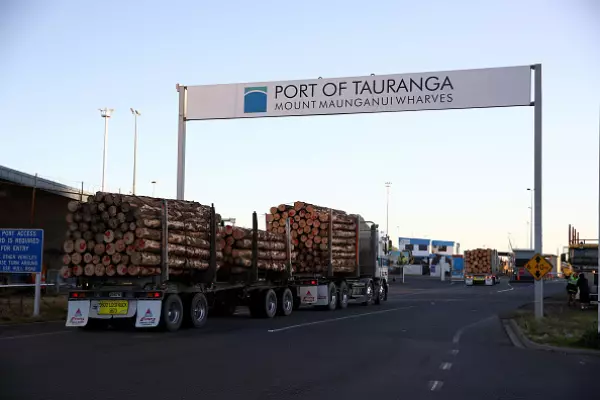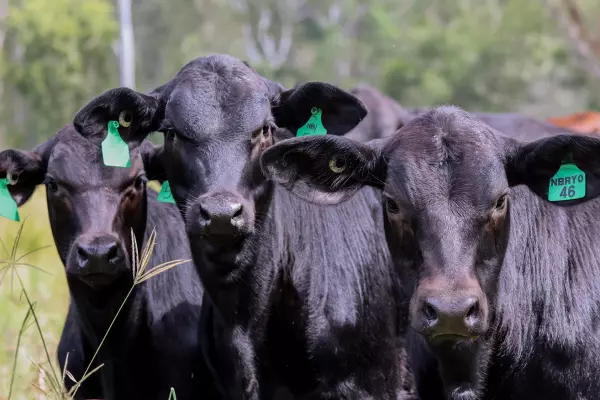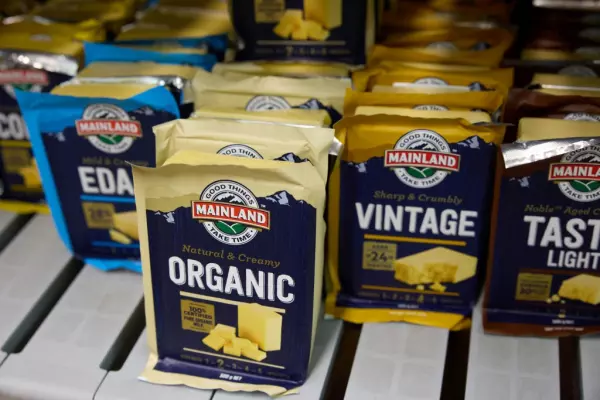New Zealand lamb is likely to be on the menu this Sunday in the UK, US and Europe, with Easter lamb representing 20% of Alliance Group’s annual lamb export volume.
“It’s critical to ensure lamb remains relevant to shoppers, particularly for the great occasion, family and friend moments, where people gather for a roast leg of lamb,” said Shane Kingston, general manager of sales at Alliance Group.
He said this is particularly true in the wake of covid-19 when people were unable to come together.
According to Kingston, Alliance’s lamb is extremely popular due to a raft of positive attributes associated with its origin.
“We provide high-quality product that consumers really trust,” he said, noting that sustainability remains front of mind for people.

Shane Kingston, general manager of sales at Alliance Group. (Image: Alliance Group)
Iona Thomas, the British high commissioner, also said that a key driver for UK consumers is sustainability, both in terms of production and packaging.
“They will be looking for products where they are reassured of animal welfare and in terms of emissions,” she said.
“New Zealand, I think has a good brand globally in terms of the high-value products that it produces, particularly agricultural primary products. So that will be very much on people's minds.”
Challenging times
Lamb farmers, however, are facing a series of challenges.
According to Kingston, the market has undergone significant change in the last six months.
“The highs of late September disappeared in October due to inflation, the covid-19 regime in China continuing, especially the food service channel impact, high inventories in market and the availability of Australian product."
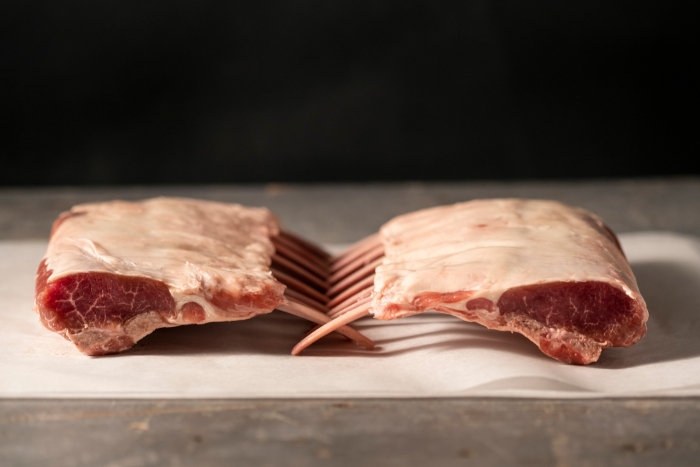 (Image: Alliance Group).
(Image: Alliance Group).
Since January, however, there have been "green shoots of improvement, but it remains muted".
According to Kingston, the pricing levels are slightly better than the four-year average but average 20% year lower than last year.
“However, lamb continues to be a sought-after protein.”
Diversification
Alliance, NZ’s only 100% farmer-owned red meat co-operative, is also investing in a diversification strategy in a bid to future-proof.
“In the past few years, Alliance Group has developed more segmentation and diversification of its portfolio and we’re becoming increasingly aware of the benefits of branded product portfolios, built through a suite of measurable criteria and attributes,” Kingston said.
This portfolio includes its foundation brand Pure South, but also premium lamb such as Pure South Handpicked Lamb, Silere Alpine Origin Merino and Lumina.
In recent times, these portfolios have shown stronger price resilience than the standard products, said Kingston.
“The challenge is these portfolios are not yet large enough to protect us from the negative market pricing impacts, so they remain a work in progress. Continuity of supply and fulfilling supply commitments is critical.”
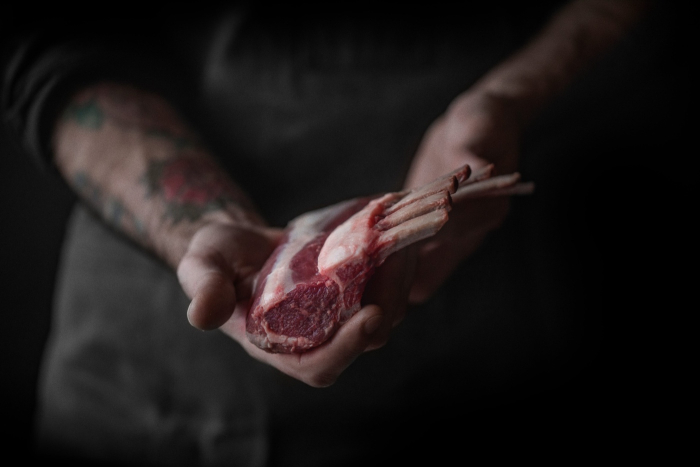
(Image: Alliance Group)
The premium lamb includes Lumina lambs, which are raised in the high country and finished on a unique combination of chicory and clover forage.
Billed as the Wagyu of lamb, it is on the menu of a host of Michelin-starred restaurants around the world. The lamb is finely marbled with higher levels of polyunsaturated fats – ‘good fat’ – and Omega 3 than standard lamb, according to Alliance.
The Handpicked Lamb uses an assessment system to measure eating quality with the qualifying lamb exported to premium retail markets in Asia and North America.
Farmers are paid a premium for supplying lambs that meet the criteria. Lambs must achieve special raising claim requirements and be antibiotic-free. The lambs must also weigh between 14.5-25kgs, meet required levels of fat cover and intramuscular fat, and have desirable pH levels.
“Handpicked Lamb, Lumina and Silere are all key programmes to enable us to target high-value consumers and occasions across various markets and channels,” said Kingston.


